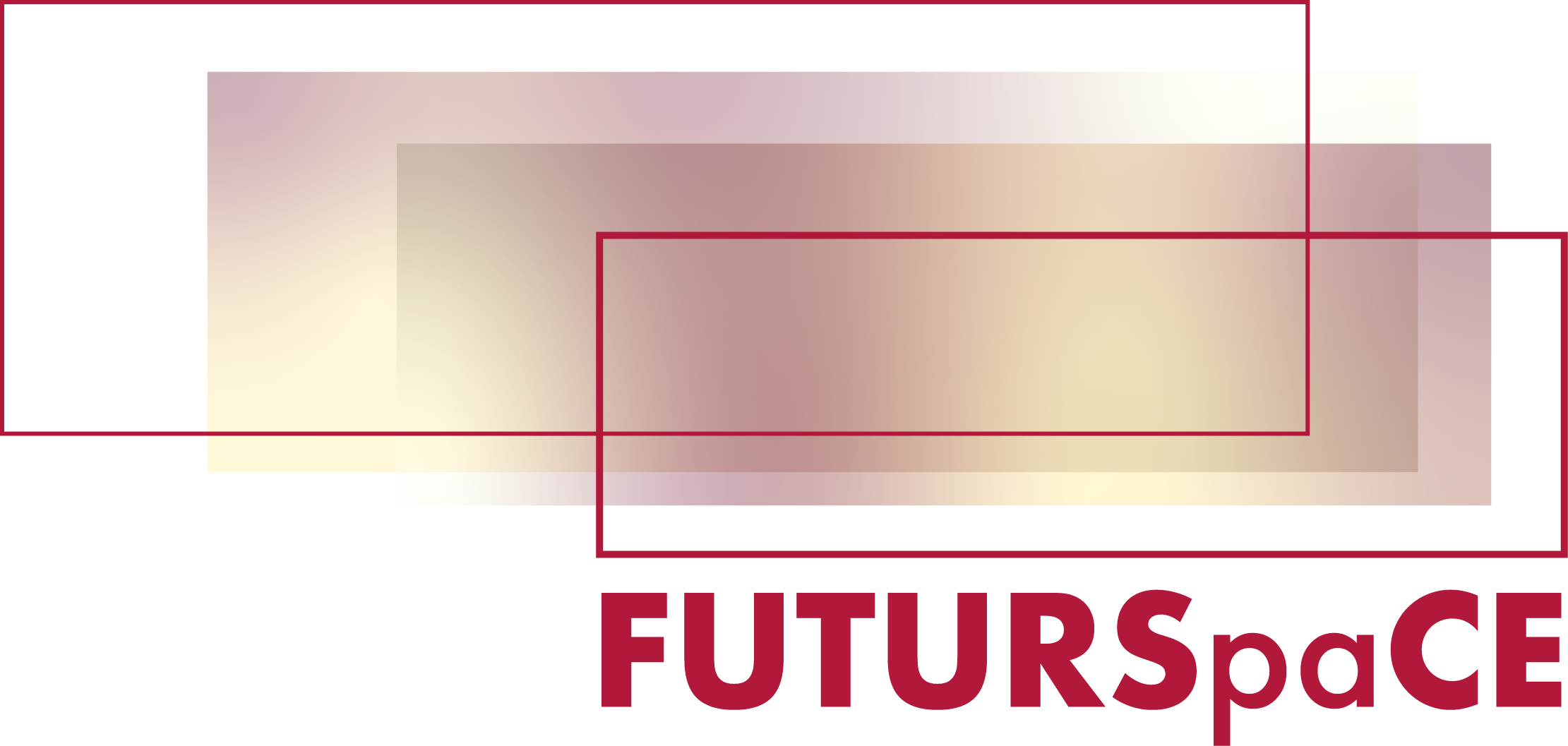Team
The research project is the result of a close collaboration between three partners (Politecnico di Milano, Università Cattolica del Sacro Cuore, and Università di Udine).
Partners contribute their expertise and planning to the research, developing a new design and conceptual discourse on public entertainment spaces, their evolution, and their future in Italian society.
FUTURSpaCE, which will proceed to have a plus in the partnerships with MiC and with the leading trade associations (AGIS, ANEC, ACEC, FICE), is based on studies and research carried out, also in collaboration and at a practical level, and aims in returning not only a new snapshot of the current expectations regarding the renewal of cinemas but, also, in providing an apparatus of accessible and replicable knowledge and planning tools.
Politecnico di Milano - DASTU
The Architectural and Design Unit (Politecnico di Milano) envisages studying cinema architecture in its most recent spatial evolutions, especially from the flourishing phenomenon of multiplexes onwards, up to today’s attempts to make cinema a place where the centrality of audio-visual consumption is a crucial element around which various social and cultural activities revolve.
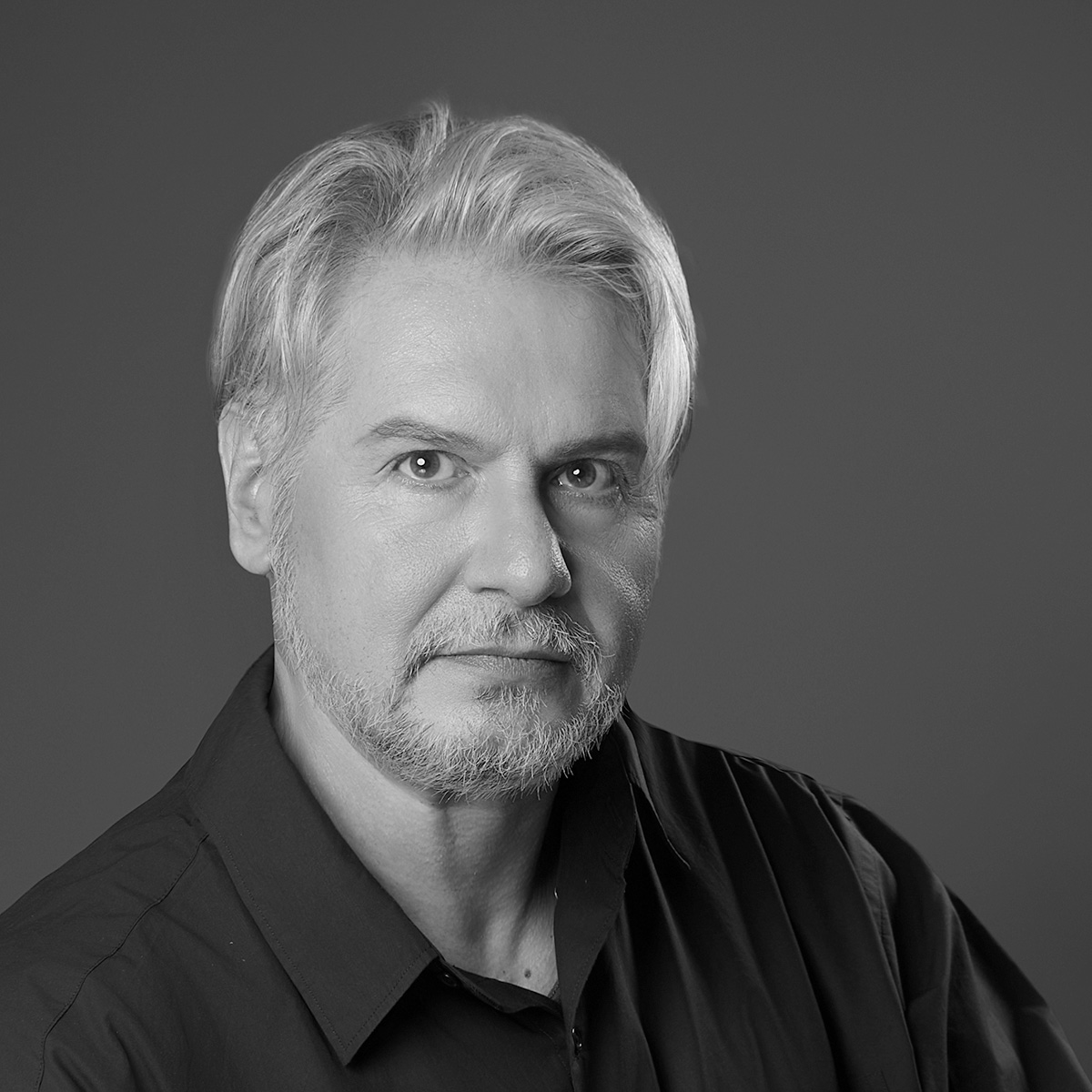
Luca Maria Francesco Fabris
Luca Maria Francesco Fabris, architect with a PhD in Architectural and Environmental Technology, is a Beijing University of Civil Engineering and Architecture Distinguished Expert (北京建筑大学特聘专家) and an associate professor in Technological and Environmental Design of Architecture (CEAR-08/C) at the Politecnico di Milano’s Architecture and Urban Studies Department where since 1997 has taught at the AUIC School, serving as a referent for several Erasmus+ agreements in Europe and various exchange and Double Degree programs in China, Canada, and Japan. As a visiting professor at European, American, and Asian universities, Fabris focuses on research on the contemporary built environment, resilient and sustainable cities, and landscape metabolism. Scientific editor and referee of various university publications, Fabris has written several books and essays, is a specialised journal reviewer and writes regularly for international architectural reviews such as ABITARE. Fabris is FUTURSPACE’s Principal Investigator and has been researching cinemas as architectural manufactures since 2015.
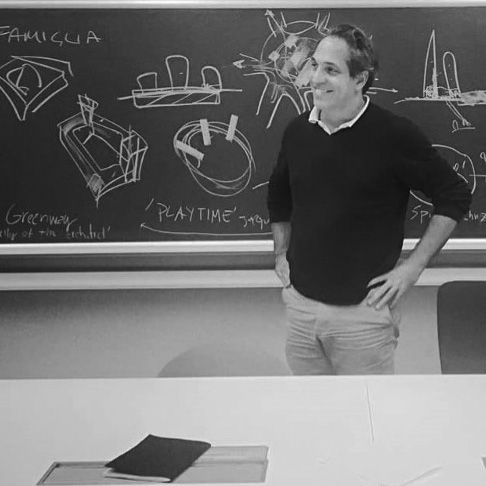
Fabrizio Leoni
Based in Barcelona, Fabrizio Leoni is an architect and an associate professor whose work bridges design, research, and teaching, combining conceptual depth with a strong focus on context and social engagement. He is associate professor of architecture and urban design at Politecnico di Milano and has lectured at Stanford University, Tecnológico de Monterrey, ANCB Berlin, and UIC Barcelona. Educated at SCI-Arc Los Angeles and Politecnico di Milano (PhD), he also studied in Lisbon, Paris-Villemin, the AA London, and ETSAB Barcelona. Founder of Fabrizio Leoni Architettura, his work—widely exhibited and published—includes House O, the Cacao Cluster for Expo Milan, Sky Court in Sanya, the Town Hall and School in Castiadas, and interiors in Milan, Barcelona, and Cagliari. His research focuses on public space, tourism, and typological innovation as generators of new architectural, social, and environmental paradigms.
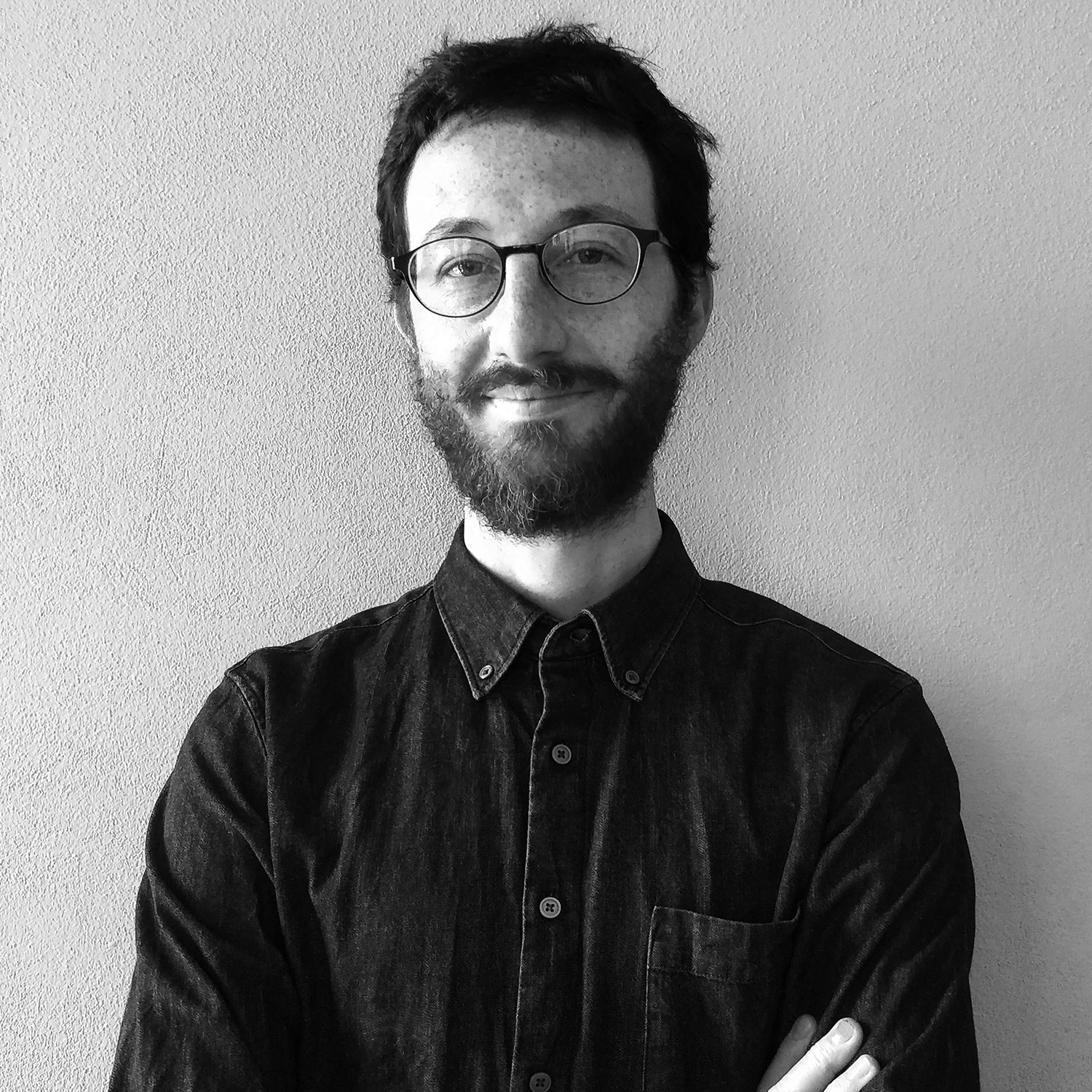
Diego Terna
Diego Terna, PhD candidate at Dept. DASTU, Politecnico di Milano, graduated in Architecture at the Politecnico di Milano in 2004 and worked in the offices of Stefano Boeri and Italo Rota. In 2012, with Chiara Quinzii, he founded the architectural practice Quinzii Terna Architecture, which deals with architecture, landscape, urban planning, and research, working on a wide range of projects, supported by publishing, criticism, and teaching. He published, with Chiara Quinzii, the books Milan Unlocked. Public Space after Pandemic (2024), Milan Public Space. An in-progress atlas of everyone’s space (2021), Ritorno all'abitare. Una cooperativa in città (2013) and The Book is a Small Architecture. Interior of an Interior (2018) with Italo Rota and Anthony Marasco. He collaborates with several international magazines and conducts academic activities in international universities.
Politecnico di Milano - Design
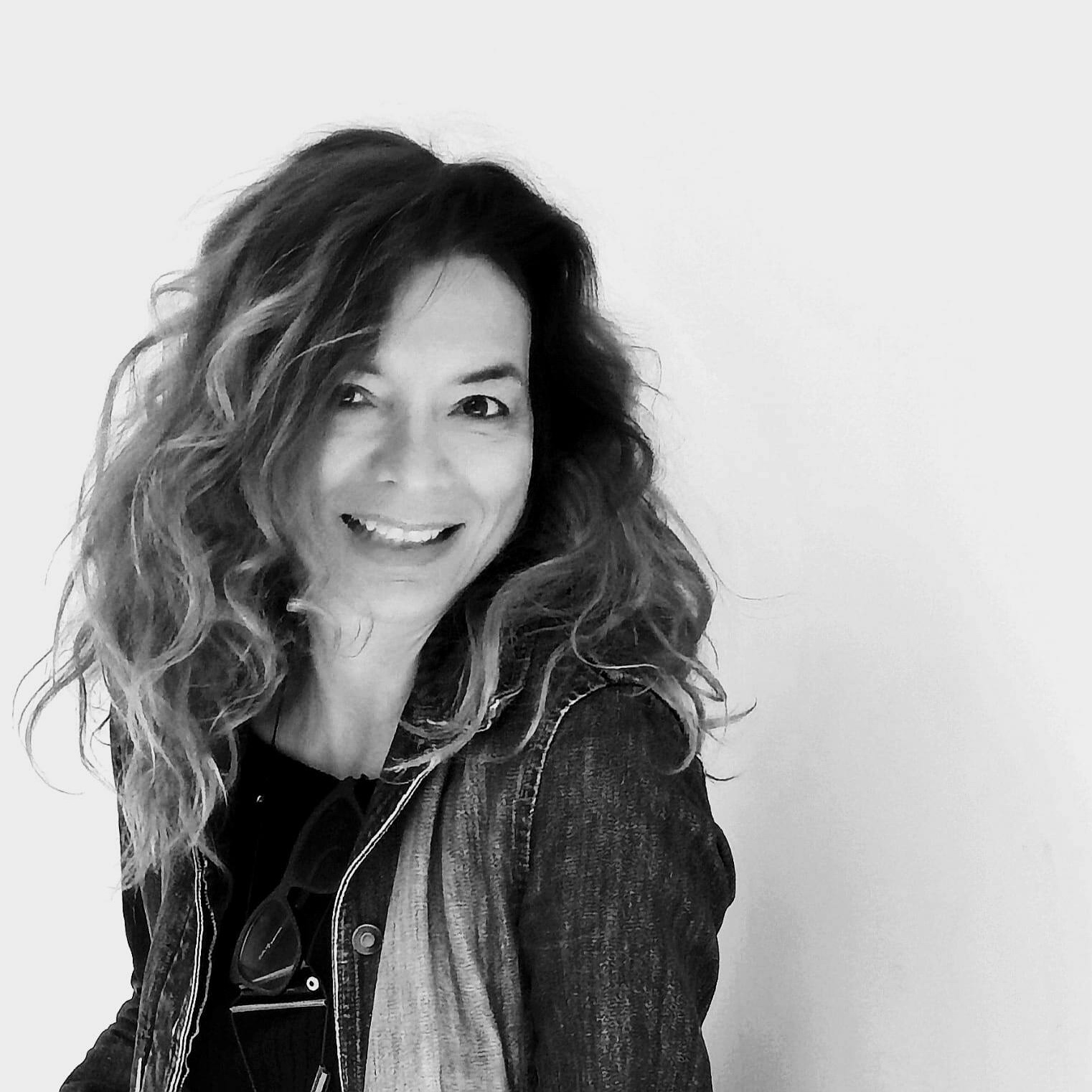
Raffaella Trocchianesi
Raffaella Trocchianesi, architect and associate professor at the Department of Design, Politecnico di Milano, teaches Interior Design Studio and Exhibit Design Studio at the School of Design. Scientific Responsible and Coordinator of the research team DeCH-Design for Cultural Heritage. Director of the Specializing Master’s IDEA_Exhibition Design, and of the Specialization Course Design and Digital Technologies for the Intangible Heritage. She mainly deals with Design for Cultural Heritage in terms of museography and exhibition design, communication and enhancement of local areas, new models and narratives of cultural experiences, and the relationship between design, the Humanities, and the arts. She is currently the Principal Investigator of the project Sound Design & Cultural Heritage, focused on the narrative role of sound within exhibit paths.
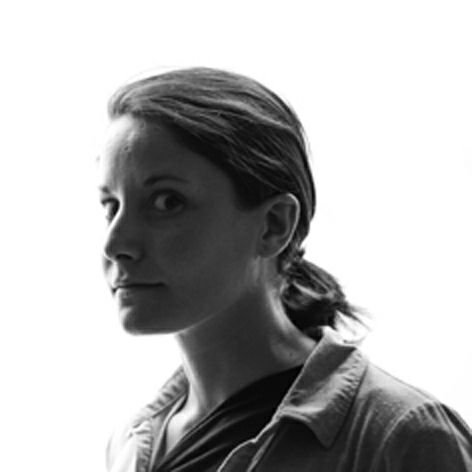
Micol Riva
She is currently a research fellow at Politecnico di Milano DAStU on the project “FUTURSpaCE. Future Spaces for Cinema and Entertainment”. Previously, she was research fellow at the Dept. of Design of the Politecnico di Milano on the project “Sound Design and Cultural Heritage”. As an Exhibition Designer she collaborated for a few years with Studio Azzurro on the creation of video installations, exhibitions and interactive multimedia museums. In 2014 she contributed to the design and construction of the Chilean Pavilion (Silver Lion – XIV Venice Architecture Biennal); in 2016 she collaborated on the multimedia project and production of the Spain Pavilion (Golden Lion – XV Venice Architecture Biennal). She collaborates with Tokonoma studio, Muse Factory of Projects, Gabriele Marangoni and Tempo Reale Firenze, and the Film-Live Association.
Università Cattolica del Sacro Cuore
The Film Studies Unit (Università Cattolica del Sacro Cuore) recovers the results of the ongoing PRIN ‘CinEx’ research, bringing attention to cinema as a ‘physical place’ dedicated to entertainment that must be adequate to respond to new current requests expressed by stakeholders and be ready to adapt to the needs of the near future.
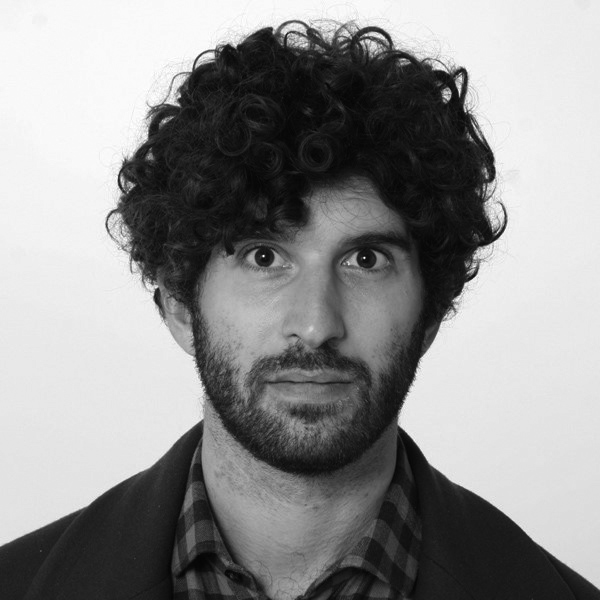
Giancarlo Maria Grossi
Giancarlo Grossi is assistant professor in Cinema, Photography, Radio, Television, and Digital Media at Università Cattolica del Sacro Cuore in Milan, where he teaches Economy and management of cinema and History of Radio and Television. From 2018 to 2023, he was postdoc researcher at the University of Milan, participating in the ERC project “An-Icon. History, Theory, and Practices of Environmental Images,” devoted to immersive images. His studies explore the intersection between cinema, psychology, and visual culture from the perspective of media archaeology, with a specific focus on the multisensory and immersive experience of the image. In his most recent works, he has explored the field of visual literacy, understood as the educational and practical application of media and image theory. He is head of the Università Cattolica’s unit of the Prin 2022 FUTURe Spaces for Cinema and Entertainment, dedicated to the innovative redefinition of movie theaters in the post-pandemic era. His publications include the volumes Le regole della convulsione. Archeologia del corpo cinematografico (Meltemi, 2017), La notte dei simulacri. Sogno, cinema, realtà virtuale (Johan & Levi, 2021), Postmedia education. Visual literacy e media digitali (with Rosy Nardone and Giuseppe Previtali, McGraw-Hill 2025).
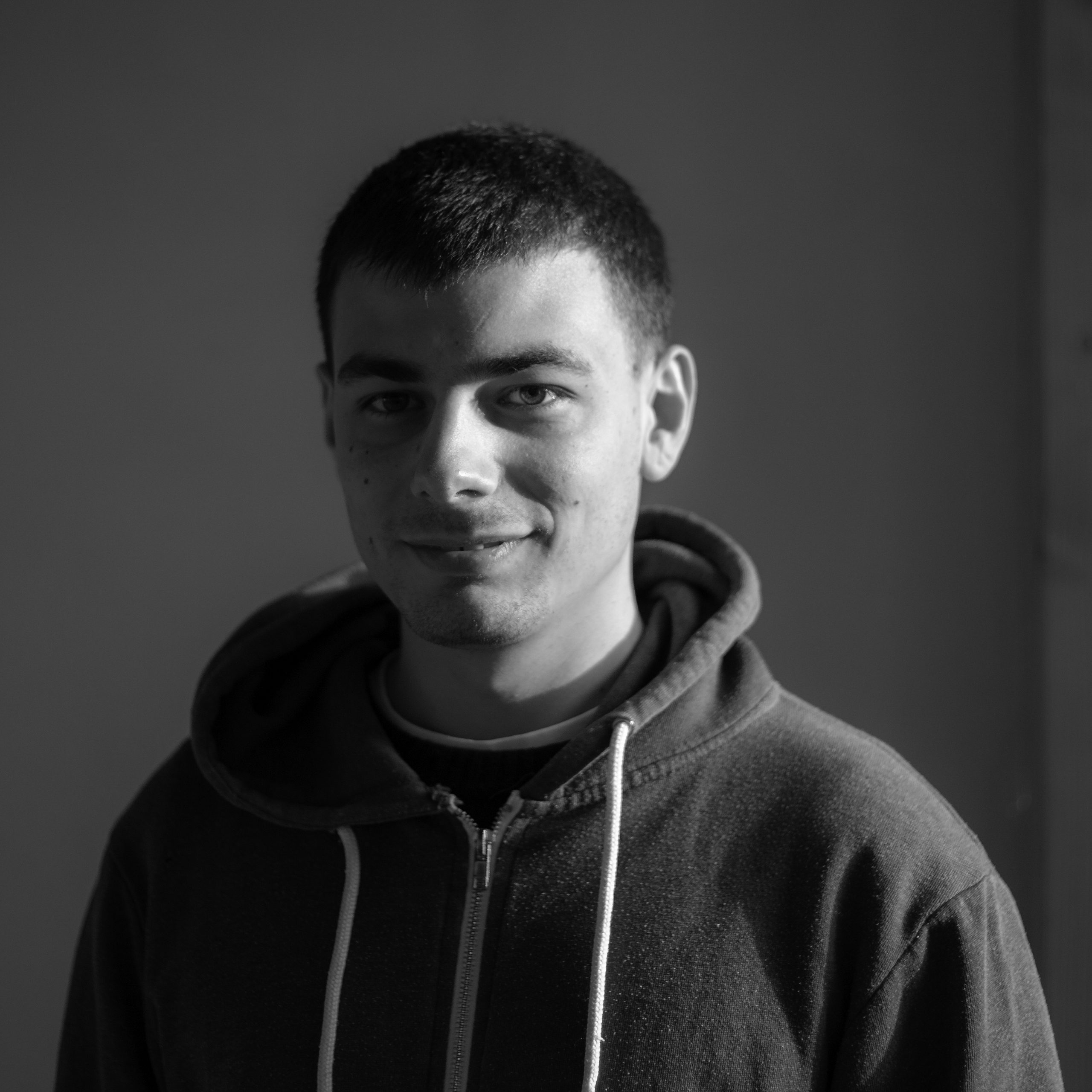
Virgil Darelli
Virgil Darelli is a postdoctoral researcher at the Catholic University of Milan, where he teaches film history. His research focuses on the history of cinema exhibition. He is currently part of the Futurespaces project, which examines the functions and types of contemporary movie theatres. His interests include film exhibition, the social and political history of media, and documentary film. He has published in various academic and non-academic journals and has presented his research at several national and international conferences. His first monograph, Le sale cinematografiche di provincia. Il caso della Lombardia (Movie Theaters in the Province: The Case of Lombardy), has just been released.
Università degli Studi di Udine
Concerning the History of Construction and Structural Engineering Unit (Università di Udine), the methodologies adopted for this research aren’t based on previous studies and consist of a comprehensive reference review, primarily based on architectural and structural journals that present outstanding examples
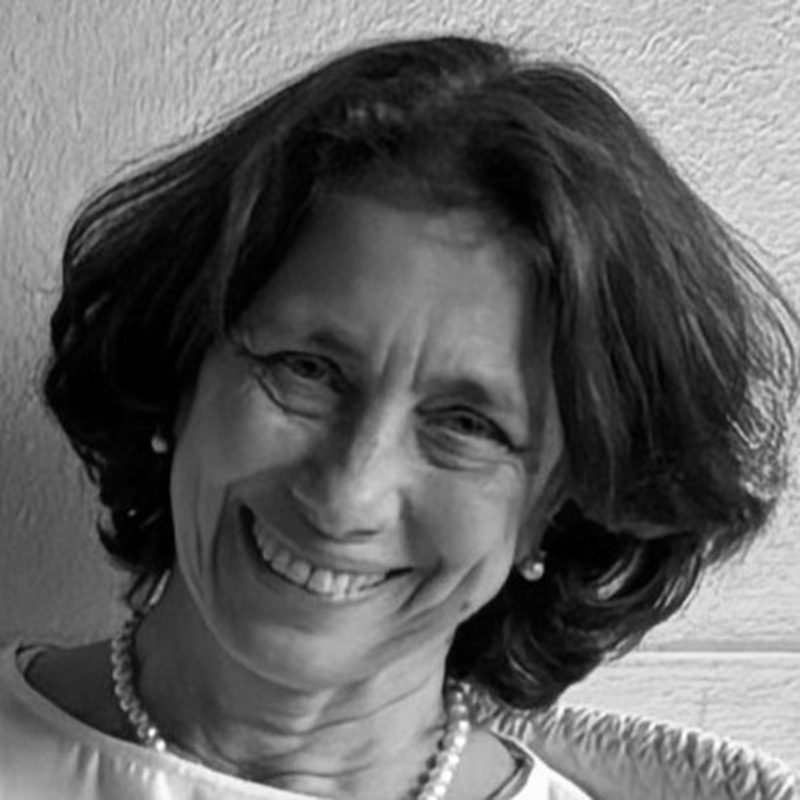
Anna Frangipane
Anna Frangipane (1963), engineer, holds a PhD in Construction Engineering and is associate professor in the SSD CEAR-08/A - Architectural Engineering at the University of Udine, where she teaches the master degree course in Civil Engineering, covering the subjects of Advances in Building Construction and Building Conservation and Restoration. Her research focuses on the study of materials and techniques used in the built heritage and their relationship with the local area. At the same time, she addresses sustainability issues with a focus on water use in settlements and buildings and, more recently, on the reuse of building materials and components. She is the author and co-author of over a hundred international, national, and local publications, with a focus on serving the local area, to which he has directed several awareness-raising and dissemination projects, both directly and through the creation of web platforms, as described at http://people.uniud.it.
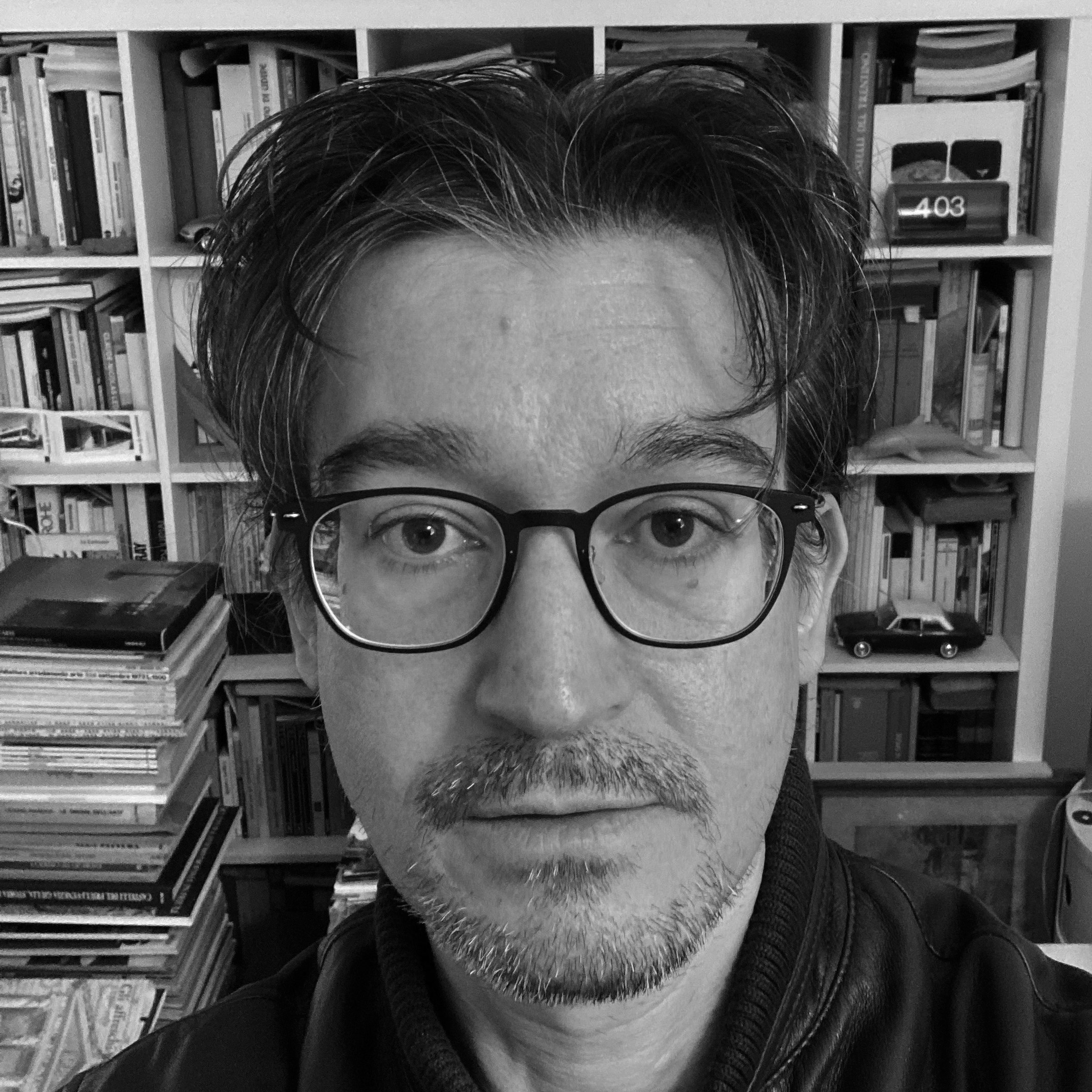
Marco Stefani
Born in Udine, architect, he graduated from IUAV, in Venice, in 2004. During his university years, he regularly attended Gino Valle's studio in Udine, where he worked as a draughtsman and model maker. He collaborated for several years with architect Carlo Mangani in Udine and currently works as a freelancer, also attending the University of Udine, where he is a research fellow. Author of publications on Friulian architecture of the 20th and 19th centuries, he has designed residential and ecclesiastical buildings. His most recent project was the extension and renovation of the 19th-century church of San Marco in Udine. In 2024, he made a significant contribution to the updating of the Census of Italian Architecture since 1945, coordinated by the Ministry of Culture. He is also interested in exhibitions, and this year organised the first anthological exhibition on the paintings of Alfredo Carnelutti, the best known of the Valle studio's historical collaborators.
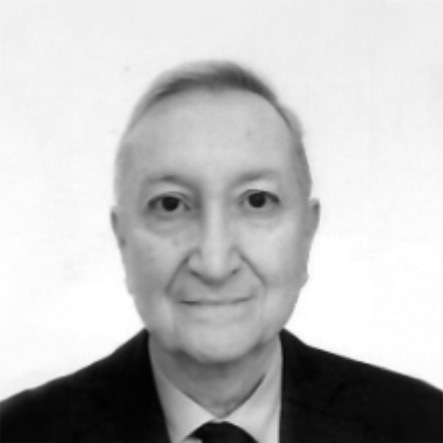
Stefano Sorace
Stefano Sorace is Full Professor of Structural Design st the Department of Engineering and Architecture (DPIA) of the University of Udine. His research topics cover various issues within seismic engineering, advanced seismic protection of buildings, structural rehabilitation, and the analysis of the time-dependent behaviour of building materials. He is the author/co-author of over 200 scientific publications, including 50 articles in international journals indexed by Scopus/ISI Web of Science. He has served, and currently serves, as principal investigator for the University of Udine in numerous international and national research projects focusing on the above topics. He has held various institutional roles at the University of Udine, including course coordinator and Rector's delegate for construction. He is Director of the Materials and Structures Testing Laboratory – PROMAS of the DPIA.
